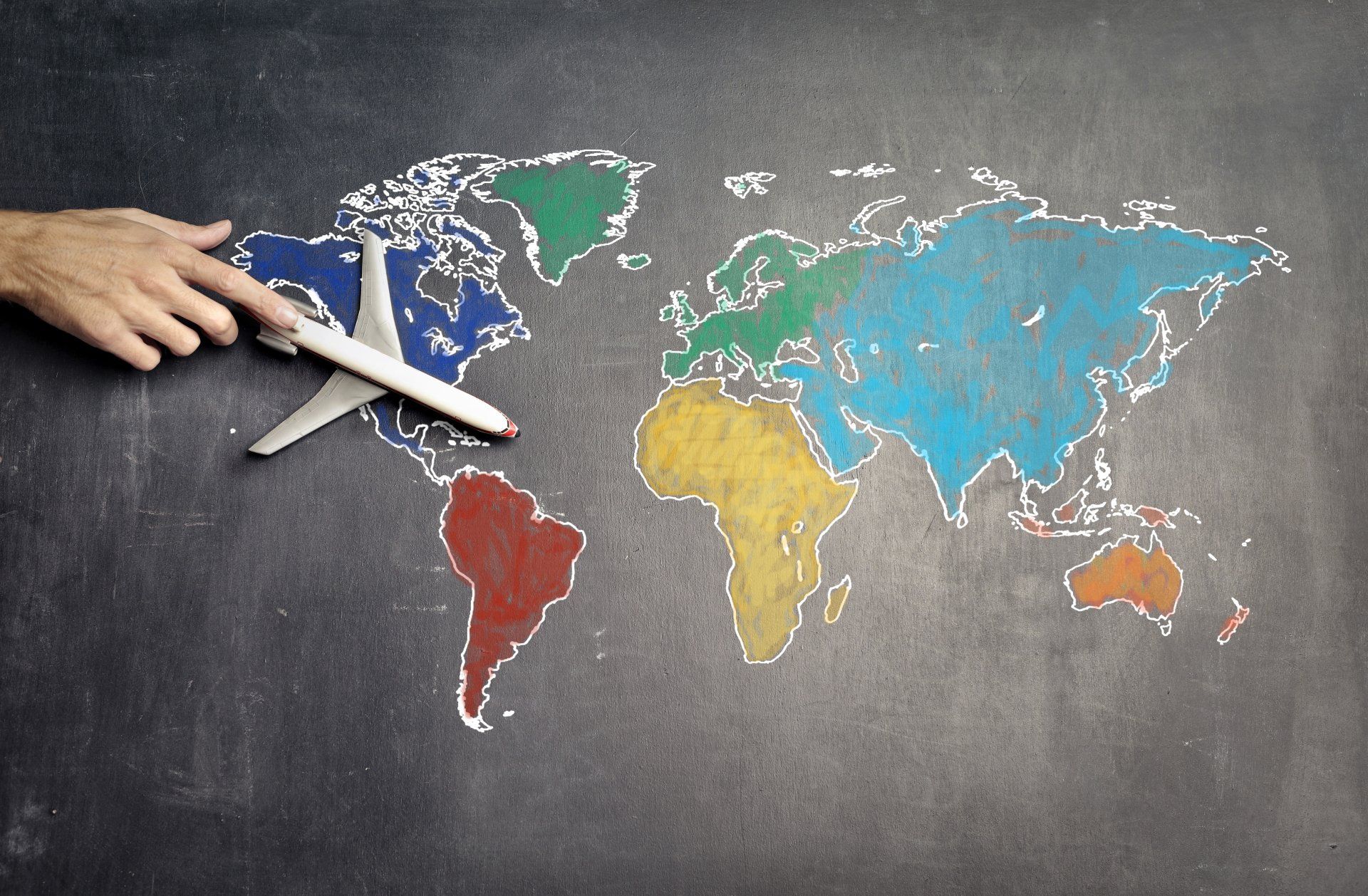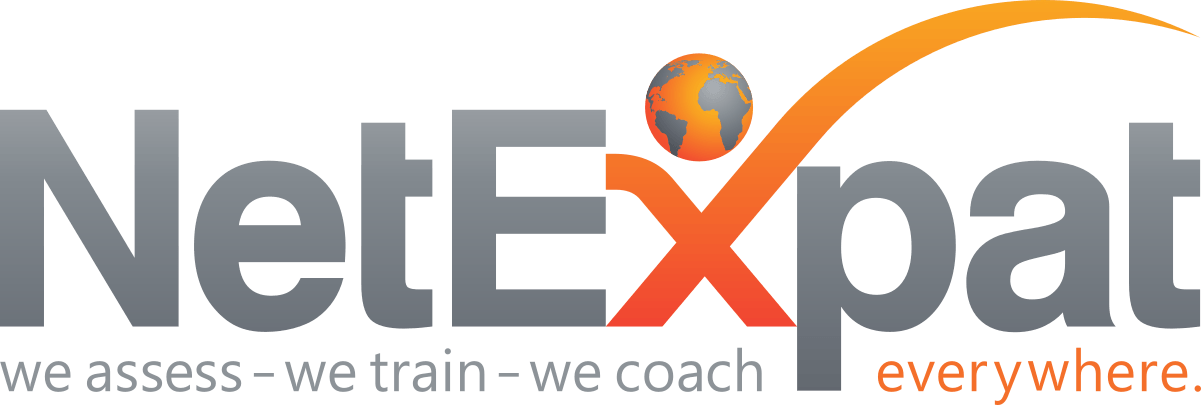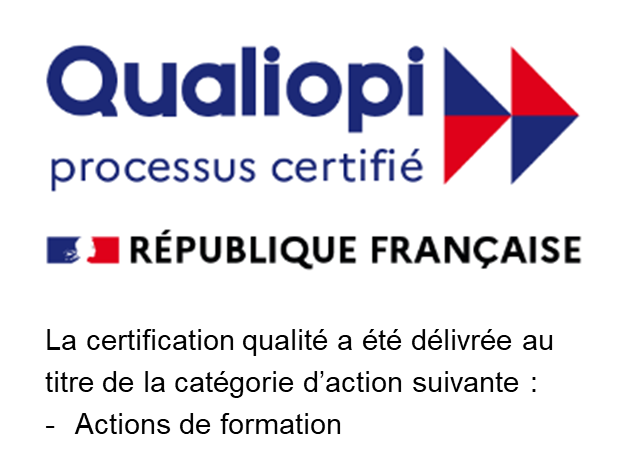I started my career working for two major US airlines (American Airlines and United). I left the airline industry for an opportunity in logistics to gain exposure to a higher level of experience in Human Resources, including labor relations, compensation and benefits, project management, and talent development. I worked in different regions throughout the Americas and EMEA ultimately shouldering global responsibility for Total Rewards & Mobility. I later took on HR corporate leadership roles in the manufacturing and hospitality sectors. During my tenure at these companies, I was able to work and interact in multiple cultures in over 80 countries. I managed global teams with diverse backgrounds, and I had the privilege to live abroad in Europe and the Caribbean. I experienced firsthand the challenges of living and working as an expat interfacing with multiple cultures, and I learned the key was understanding and valuing intercultural differences.
TEAM SPOTLIGHT: CORINA SORIANO
Alison Wimmer • April 13, 2023

Corina Soriano joined NetExpat in January as our Vice President of Global Advisory Services for the Americas. Her primary responsibilities involve driving growth and development of NetExpat in the United States, Canada, and Latin America. Corina holds her degree in Business Administration with an accounting major, and she has previous experience as Vice President Global Total Rewards in the logistics industry as well as experience in corporate HR roles in several different industries. Corina is a multilingual global citizen (English, Spanish, Portuguese, basic French) with corporate experience, and her calling is Global Mobility.
We are delighted to have you join the NetExpat team this year!
Can you share a little bit about your background?
Contact us to schedule a call with one of our experts in your region to learn more about best practices in intercultural solutions, partner assistance and talent management.
Contact Us
Share this post

Multinational companies face a significant challenge when working across cultures: how to strike a balance between being compliant and honoring cultural gift-giving norms in professional settings. Why is it such a challenge? What may be expected as a gesture of respect and goodwill in one culture could be considered bribery in another. Missteps can ultimately lead to a damaged company reputation, lost business opportunities, or even legal repercussions. Finding a balance between cultural expectations and compliance is a strategic imperative, but potential conflicts can feel completely overwhelming. With training and preparation, however, workforces can learn to navigate these scenarios with skill. Cultural Gift-Giving Differences in Professional Settings Gift giving has always been used in professional settings to show respect, build rapport, and lay the groundwork for meaningful business relationships around the world. Under the right circumstances, a carefully chosen gift can symbolize trust and partnership, opening the door to successful collaboration. Failure to understand cultural norms and expectations can result in costly mistakes. Below, we provide a few examples of varying gift-giving norms to illustrate the importance of cultural agility when doing business across cultures.

As Director of Global Client Services at NetExpat, Maru Machado brings a dynamic blend of operational expertise and global perspective to her role. With a rich background in international event production, clinical travel management, and client services, Maru brings a global mindset to everything she does. Her multicultural experience—both professional and personal as a former expat—deeply informs her approach to leadership and client support. Now leading a diverse team across the U.S., Maru thrives on connecting with people around the world, improving service delivery, and creating meaningful impact for globally mobile professionals and their families.

Mergers and acquisitions (M&As) are high-stakes ventures that promise growth, innovation, and a competitive advantage, but that promise can only be realized by prioritizing a critical factor that can make or break the success of the initiative: culture. Whether it's the diversity of global cultures in multinational mergers or the differences between two distinct corporate cultures, the challenges are significant. A failure to integrate effectively doesn’t just threaten the success of the merger, it also impacts the financial health of an organization. Below, we discuss the cultural complexities of M&As, the risks of ignoring them, and actionable strategies to bridge related gaps effectively. Challenges in Cultural Integration During Mergers and Acquisitions Asking diverse groups of people to collaborate efficiently without supporting them and "translating" their different priorities, values, and cultural norms is risky under any circumstances. This is particularly important in M&As, where two diverse workforces have learned to do business in ways that have been defined by their separate employers. In multinational mergers, differences in communication styles, decision making, and business etiquette can create friction or complete breakdowns in productivity. Corporate culture clashes can also occur from contrasting leadership styles, organizational values, levels of employee engagement, and cultural attitudes about change. Without targeted attention, these challenges can undermine collaboration, erode trust, and jeopardize the success of the merger.

A series of trends and events are impacting the way APAC-based companies are doing business, as well as how international organizations engage with them. As workforce borders within this active region continue to blur, intercultural agility has become more important – and more nuanced – than ever before. Whether it’s a business that's building a diverse workforce within the APAC region or a multi-national company working across cultures to do business with them, employers and the employees that work for them must forget everything they think they know about intercultural communication. Growing workforce diversity means not just knowing about the culture a business is headquartered in, but also the many cultures making up their staff. Intercultural training has therefore become a crucial investment for any business hoping to thrive in this diverse landscape.

Most mobile employees accept international relocations with mixed feelings that include excitement and curiosity. However, they’re often surprised when their move comes with more feelings of disorientation than they expected. Culture shock – the feelings of confusion, disconnectedness, and anxiety that people experience while integrating into a new culture – can make it difficult for mobile employees to transition into their new assignments effectively. It can also make it difficult for their accompanying families to settle into their new home, adding further stress to your employees’ relocation experiences. It all negatively impacts employees – but it has costly negative impacts for the organization, too. Understanding the stages of culture shock can make dealing with it easier. Below, we take a look at each and offer suggestions your employees can use for navigating them. While supporting them on their journeys helps them to integrate into their new surroundings faster and with greater ease – it also benefits business productivity, organizational goals, and the company’s bottom line. Stages of Culture Shock & Suggestions for Dealing with Them

Between rising costs and limited budgets, it’s no surprise that many organizations turn to lump sum payments to control talent mobility spending. But is this approach effective – or can it actually end up costing companies more? In this blog post, we’ll discuss the unexpected costs associated with lump sum payment models, where they can go wrong, their impacts on the employee experience, and why managed moves benefit employees and organizations in the long run. Perception vs. Reality: Lump Sum Payment Outcomes When organizations offer lump sum payments to their mobile employees, they're often being driven by a few assumptions. They believe that their mobile employees: Possess sufficient financial skills to manage their relocation budget Are savvy enough to procure the right relocation services/providers at the right times Have enough host-country knowledge to navigate area-specific nuances independently Will decrease the need for administrative resources by self-managing their relocations

Patricia Glasel has a rich international background, having lived in several different countries growing up. Her journey began in Gabon, where she was born, and extended across various African nations due to her father's work. Patricia's extensive experience as an expatriate has given her a deep understanding of the joys and challenges of living abroad. She holds M.B.A. an a degree in organizational behavior and cross-cultural training from Northwestern University, which has equipped her to support others in their global mobility journeys. After having lived in 11 countries, Patricia currently resides in France and enjoys sharing her experiences to help others navigate their expatriation adventures. Patricia also serves as a Foreign Trade Advisor for the French Government, providing high-level insights and support for international trade initiatives.

In a competitive global market, organizations face a myriad of laws, regulations, and ethical standards. And because compliance requirements differ from one country to another, a workforce’s intercultural agility plays a significant part in a company’s ability to ‘be’ compliant in the countries they do business with. Intercultural misunderstandings can be costly, leading to safety issues, lost sales and missed business opportunities, but they can also result in hefty fines, sanctions, and even being barred from operating in key markets. Because the ability to navigate cultural differences is crucial to the success and sustainability of global organizations, cultural compliance should be a part of every organization’s overall compliance strategy.

NetExpat recently interviewed two key members of the Eramet Group Team about their efforts in providing intercultural training for their international workforce through their partnership with NetExpat. The initiative is designed to enhance cultural understanding and collaboration among expatriates and multicultural teams, leading to better teamwork and productivity. The interview offers insights on the implementation, impact on performance, family integration success, and much more.







